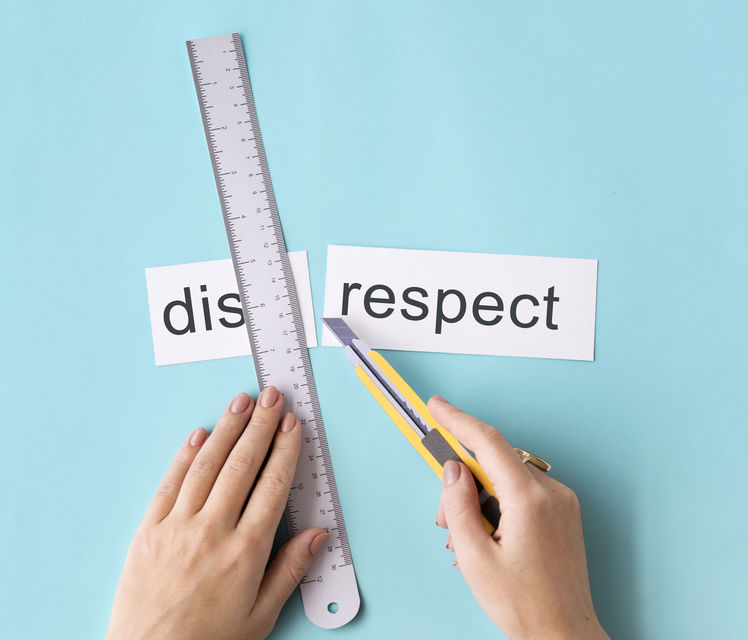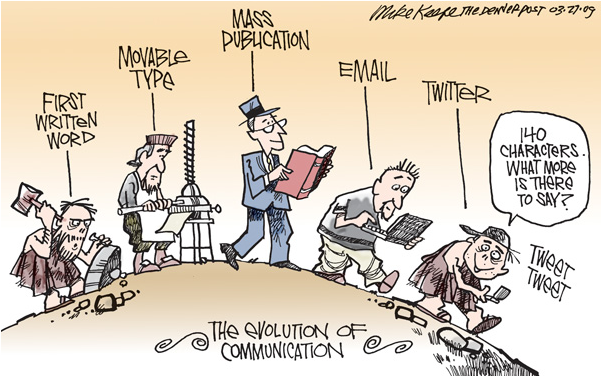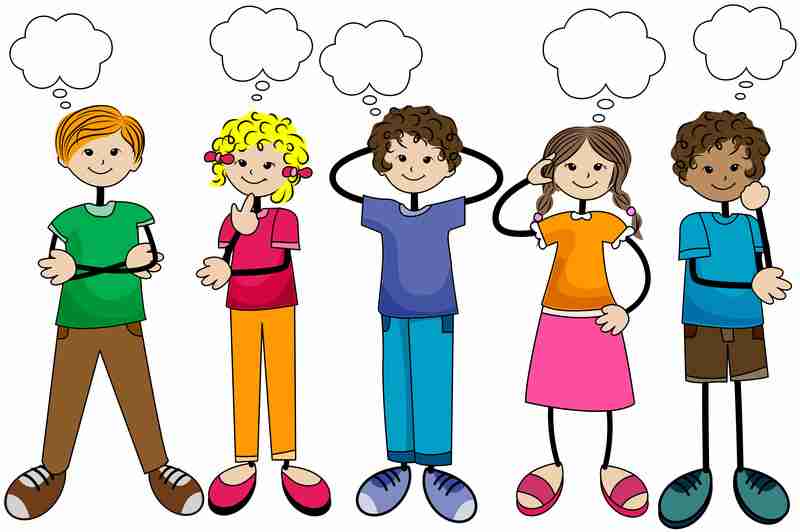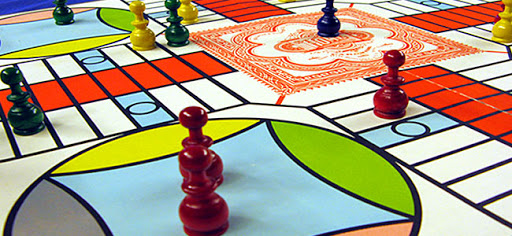There was a very interesting discussion on the We Are Teachers Helpliine facebook group. A teacher wrote that her middle school students had begun saying she had “disrespected” them when she corrected them in some fashion.
Other writers said they thought the term “disrespected” didn’t mean being treated with something less than respect, but that, to the students, it meant being made to do something they didn’t really want to do, like complete class work.

The conversation was fascinating to me for a couple of reasons. First is that I intensely curious about how language changes. Second, I am constantly observing issues and situations that can have an effect on classroom management.
Language changes. Fifteen years ago, I would receive phone calls from outraged parents who told me their child had come home saying, “The teacher yelled at me!” To me, and to the parents, “yelled” meant shouting or raising one’s voice in anger. However, to the students it meant the teacher had corrected them. This correction could have been in a whisper but, to them, it was still considered “yelling”.
So perhaps the term “disrespected” also has changed.
I looked this up in the online Urban Dictionary. The only reference was a post from 2007 that said “disrespected” was a means of bragging about a sexual encounter. For example, “I totally disrespected my girlfriend last night.”
That was eye-opening to me. I had not heard that one before. (When did I get that far out of the loop?)

That made me start thinking about the gap between students and teachers. It doesn’t matter how close in age the teacher is to the students, students view the teacher as an older person who cannot completely understand them. That’s a tough realization for any teacher of any age!
I think most teachers want to understand students and build professional relationships with them. Students expect teachers to “like” them and to “be nice”. However, they do not expect or respect teachers who try to be just like the students. They expect teachers to be grownups. This is true even for high school students who struggle to be considered adults, even though they are not.
Teachers do benefit from knowing a bit about the world in which their students live.
But it is the exact same world, isn’t it?
No, not exactly. The world of children (aged 5 through 17) is different than the world adults are in.

One of the best pieces of advice I ever received about being a teacher was to spend time every once in a while researching the world your students live in. That might mean watching some of the television shows that are popular with the age group you teach. It might mean reading a book that is very popular with the age group. It may mean figuring out the latest popular app. Whatever the process, we have to keep current on what it is that is shaping and influencing students.
Some years ago, I read an article about words middle and high school students were using as a sort of code for sexual acts. The article said that young people were using the names of board games to mean particular things.

On the one hand I was impressed that someone would come up with such an ingenious code. On the other hand, I started to listen to what the teens I knew were saying much more closely!
So what can we do to bridge the gap? Try these ideas:
- Ask questions.
If you don’t understand what a student means by a word or phrase, ask him to explain it to you. Do this gently. For example, you could say, “Help me understand . . .” rather than saying something like, “Just what do you mean by that?” - Do research.
Read articles. Make use of resources like Urban Dictionary. Watch television shows aimed at an audience of that age group. - Teach students what particular words or phrases
mean to adults.
For example, if students are using the term “disrespected” to mean “she made me do something I didn’t want to do”, help them understand what “respect” sounds like, feels like, looks like. - Pay attention.
Language changes all of the time. It was not that long ago that saying, “That sucks!” would have been unthinkable in polite company. Adults who work with children and youth must pay attention to what young people are saying. If they are using words in a way that doesn’t make sense, ask questions. But you cannot ask questions if you are not paying attention. - Enjoy!
Try to look at how students use language as something interesting and fascinating. Effective teachers like kids, even the naughty ones, and even when they don’t always understand exactly what they are saying and doing.
Have you noticed a different way your students are using words or language? If so, please share!
